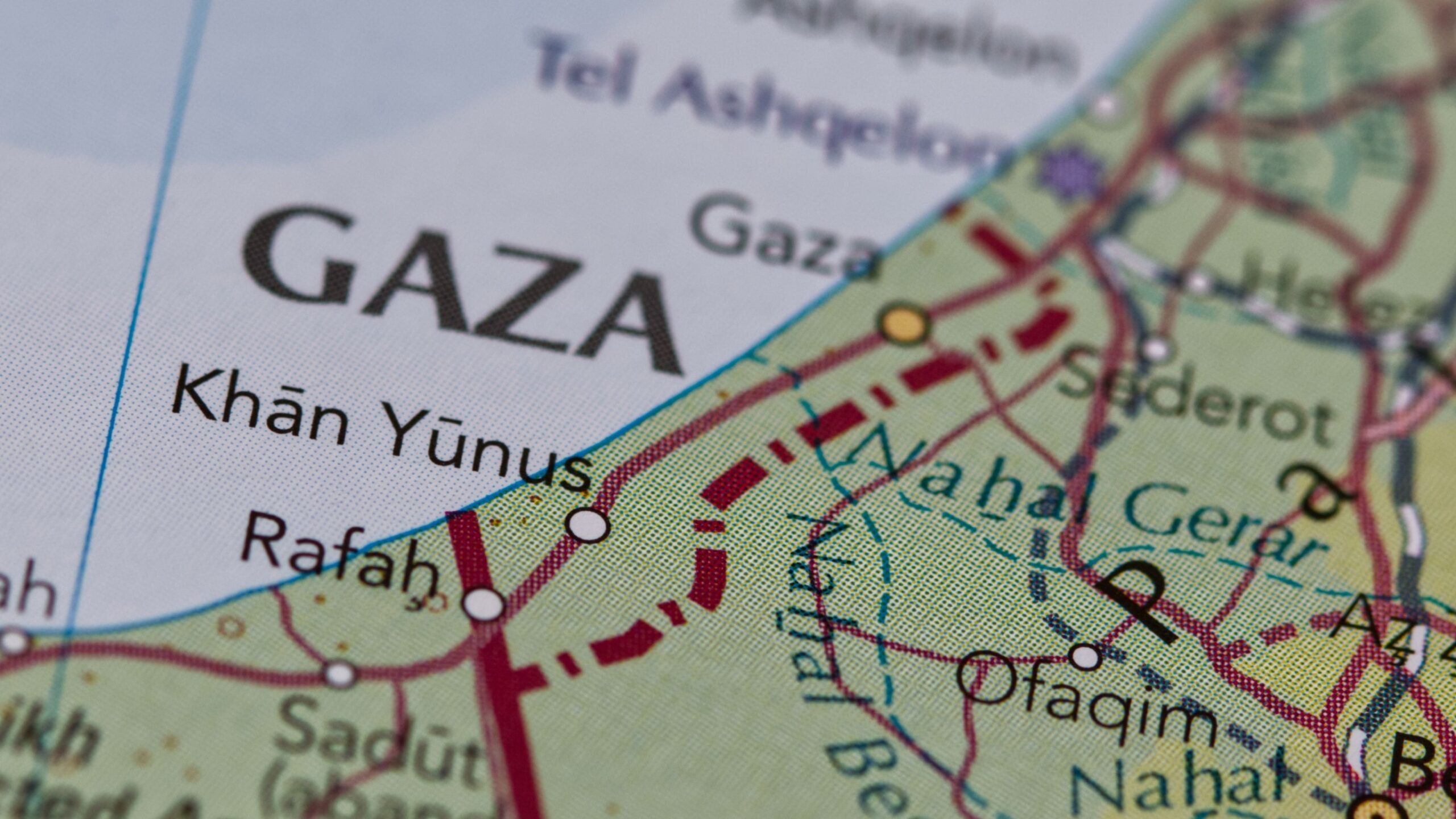Since the conflict began in 2023, I have interviewed numerous higher education students and academics, both in Gaza and those displaced elsewhere.
Their stories are profoundly inspiring and speak to the resilience and determination of a community that refuses to let adversity extinguish its aspirations. For students in Gaza, education is far more than a pathway to personal advancement – it is a fragile lifeline, a stabilising force in the midst of chaos, and a source of hope for the future.
For academics, their passion for teaching and inspiring the next generation endures, even as universities lie in ruins and teaching becomes a voluntary effort.
Education cannot wait
In a region devastated by conflict, young Palestinians – particularly those pursuing critical fields such as medicine, pharmacy, and engineering – demonstrate extraordinary resilience as they strive to continue their education under unimaginable circumstances. For these students, education is not merely a personal milestone; it is a transformative force for the public good, equipping them with the skills needed to rebuild their society and economy. UK universities are uniquely positioned to play a pivotal role in addressing these challenges. Having recently supported Ukrainian students and academics during a time of crisis, they have developed valuable experience and insights into providing meaningful and structured support. The need to act now is pressing, as education cannot wait.
The immediate priority is access to online resources – lecture recordings, virtual labs, digital textbooks, and open-access courses – that can sustain continuity in education for Gaza’s students, particularly those in fields like medicine and pharmacy. For instance, final-year medical students in Gaza have been unable to graduate due to the ongoing conflict, creating an urgent need for virtual alternatives to traditional clinical training. Palestinian academics have stressed the importance of accessible online lecture materials and virtual labs to ensure these students can complete their education and serve their communities where they are desperately needed.
For UK universities, supporting these students is not just an act of compassion but a reinforcement of the broader mission of education: to empower, rebuild, and promote peace and stability. Given the logistical and security challenges that make physical attendance in schools and universities nearly impossible, the solution must be digital. UK universities could, for example, create licenses to share lecture materials such as recordings, slides, and lab simulations with students in Gaza.
Virtual mentorship, remote internships
Virtual mentorship programmes could also be established, enabling UK healthcare professionals to guide Palestinian medical students through remote internships and online training modules, equipping them with vital knowledge and practical skills. Collaborating with technology partners to provide devices, software, and secure internet access could further bridge the digital divide, ensuring that students can continue their education even amidst displacement.
This approach could extend to pharmacy and engineering students, who face similar challenges. Pharmacy students could benefit from virtual labs and training programmes, while engineering students could access workshops on sustainable design, structural engineering, and public works – fields critical to Gaza’s rebuilding efforts. These initiatives would not only address immediate educational needs but also help create a pipeline of skilled professionals prepared to contribute to their communities’ recovery.
Beyond individual training, research partnerships between UK universities and Palestinian institutions could provide both short- and long-term educational support. Establishing an interdisciplinary Centre for Palestine Studies within UK universities, for instance, would create a platform for collaborative research on pressing issues such as public health, environmental sustainability, and renewable energy. These partnerships could amplify Palestinian academics’ voices through joint publications, international conferences, and shared funding opportunities, while providing mentorship and resources that are otherwise inaccessible in Gaza.
Our educators could also support the economic recovery in Gaza, which requires more than just rebuilding physical infrastructure; it necessitates cultivating an entrepreneurial spirit. UK universities with strong business and social entrepreneurship programmes could offer virtual training, mentorship, and incubator partnerships for Gaza’s students. Skills workshops on sustainable finance, small business management, and social entrepreneurship could empower young Palestinians to rebuild their economy, fostering resilience and independence.
Beyond education
However, significant challenges remain, including the reconstruction of homes, schools, and infrastructure. For now, support can only reach those students with access to the internet and devices, such as laptops. In the long term, UK universities should partner with charities, NGOs, and funding bodies such as the Wellcome Trust and the Royal Society to help rebuild Gaza’s educational and healthcare infrastructures. Dialogue with Palestinian colleagues is essential to developing a strategic framework for digitisation and reconstruction that is both practical and impactful.
Imagine British universities collaborating with Palestinian institutions to create start-up incubators focused on renewable energy, healthcare technology, or sustainable agriculture. These ventures could foster economic independence, create jobs, and lay the foundation for a stronger and more resilient Gaza. Students in Gaza don’t just want access to education – they want the tools to contribute actively to their communities, creating a sustainable future for themselves and their families.
UK universities now stand at a critical juncture. By extending support to students and academics in conflict zones, they have the opportunity to reaffirm the transformative power of education. Young Palestinians, who continue their studies amidst tremendous adversity, exemplify education’s potential to not only uplift individuals but to rebuild communities.
The UK’s academic community has long championed education as a force for peace, progress, and the public good. By sharing resources, expertise, and a commitment to equity, UK universities can help rebuild Gaza—not just in physical terms, but in spirit, knowledge, and skill.
This is a moment for UK universities to step up – for Gaza’s students, for the future of Gaza, and for the enduring promise of education as a beacon of hope and resilience.




